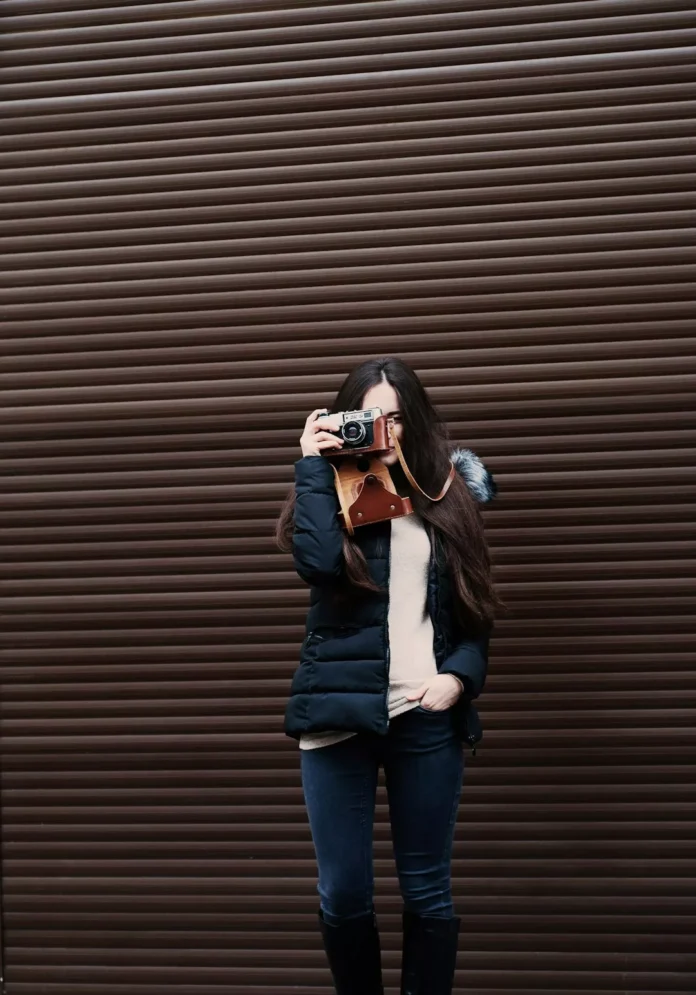The Museo de la ‘ndrangheta, located in the small town of Reggio Calabria in southern Italy, is a unique cultural institution dedicated to fighting the influence of the notorious Italian mafia organization, ‘ndrangheta. At the forefront of this cultural movement is claudio La camera, an anthropologist and director of theater who has dedicated his life to exposing the true nature of the mafia and promoting a culture of anti-mafia values.
La camera’s journey towards creating the Museo de la ‘ndrangheta began with his research on the use of false invoices by the mafia to launder money. This led him to discover the deep-rooted influence of the ‘ndrangheta in the social, economic, and political fabric of Calabria. Determined to shed light on this issue, La camera embarked on a mission to create a cultural space that would educate people about the dangers of the mafia and inspire them to stand against it.
The Museo de la ‘ndrangheta, which opened its doors in 2016, is a testament to La camera’s tireless efforts. The museum is a multi-sensory experience that takes visitors on a journey through the history of the ‘ndrangheta, its criminal activities, and the impact it has had on the local community. Through interactive exhibits, videos, and artifacts, visitors gain a deeper understanding of the mafia’s operations and the devastating consequences it has on society.
One of the most significant aspects of the Museo de la ‘ndrangheta is its focus on promoting anti-mafia culture. La camera, with the help of local artists and activists, has created a space that celebrates the bravery and resilience of those who have stood up against the mafia. The museum hosts regular events, such as theater performances, concerts, and exhibitions, that showcase the talents of local artists and raise awareness about the fight against the mafia.
La camera’s expertise in theater has also played a crucial role in the success of the museum. He has used his skills to create powerful and thought-provoking performances that challenge the audience to confront the reality of the mafia’s influence. His play, “fatture false” (false Invoices), which explores the mafia’s use of false invoices to launder money, has received critical acclaim and has been performed in various cities across Italy.
The impact of the Museo de la ‘ndrangheta and La camera’s efforts has been far-reaching. The museum has become a symbol of hope for the people of Calabria, who have long suffered under the oppressive rule of the mafia. It has also attracted international attention, with visitors from all over the world coming to learn about the ‘ndrangheta and the anti-mafia movement.
Moreover, La camera’s work has inspired a new generation of activists and artists who are using their talents to fight against the mafia. The museum has become a hub for young people to come together and express their anti-mafia sentiments through various forms of art. This has created a ripple effect, with more and more people joining the cause and standing up against the mafia’s grip on society.
In a world where the mafia continues to thrive, the Museo de la ‘ndrangheta and claudio La camera’s efforts are a beacon of hope. They remind us that through culture and education, we can break the chains of the mafia and create a better future for ourselves and our communities. La camera’s dedication and passion for this cause are truly commendable, and his work serves as a reminder that one person can make a significant impact in the fight against organized crime.
In conclusion, the Museo de la ‘ndrangheta and claudio La camera’s work are a shining example of the power of culture and art in promoting positive change. They have created a safe space for people to come together, learn, and be inspired to take a stand against the mafia. We can all learn from their example and use our talents to make a difference in our communities. Let us join hands and support the Museo de la ‘ndrangheta and its mission to create a mafia-free future.

